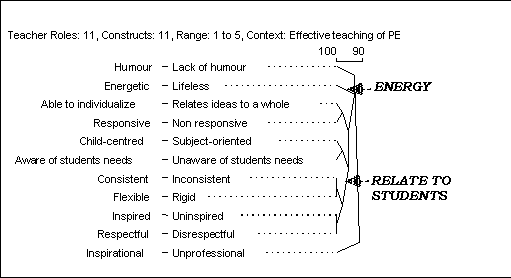



In this approach, clients are guided through a process of deconstructing their stuttering-dominated personal narrative, followed by the reconstruction of an alternative narrative that is more compatible with being a fluent speaker.Įducational objectives: The reader will (1) learn about a personal construct psychology perspective on resistance and relapse in stuttering therapy, (2) be able to describe a narrative approach to counseling for people who stutter that is directed toward the long-term maintenance of fluent speech and the steps of deconstruction of the dominant stuttering narrative and reconstruction of a new, more fluent personal narrative, and (3) be able to prepare a series of narrative interview questions with which to engage clients in conversations that may facilitate the deconstruction and reconstruction processes. It follows that the sort of between- session assignments that characterize constructivist therapy generally and personal construct therapy specifically would be those that advance the goals of making more explicit the often implicit constructions that shape the client’s active and emotional engagement with the social world, extending these by trying on alternative forms of construing and doing, and reconstructing those aspects of his or her construct system that are no longer working. Section 3 proposes that post-treatment success for persons who stutter may be facilitated by the use of a narrative approach to counseling in which the meaningfulness of the fluent speaker role is elaborated. In this tutorial article, we first present a personal construct view of relapse, which suggests that this difficulty may be addressed by increasing the meaningfulness of the fluent speaker role for the speaker. It has often been suggested that one factor contributing to relapse is the client’s difficulty in adjusting to a new role as a fluent speaker. With the development of the Personal Construct Theory, Kelly (2007) stated that in order for a patient to receive optimum therapy from consultation sessions with a psychologist, the consultation session should have an interactive communication between the patient and the psychologist in order for them to understand various issues that the. Relapse following treatment for stuttering is a common problem for many clients.


 0 kommentar(er)
0 kommentar(er)
